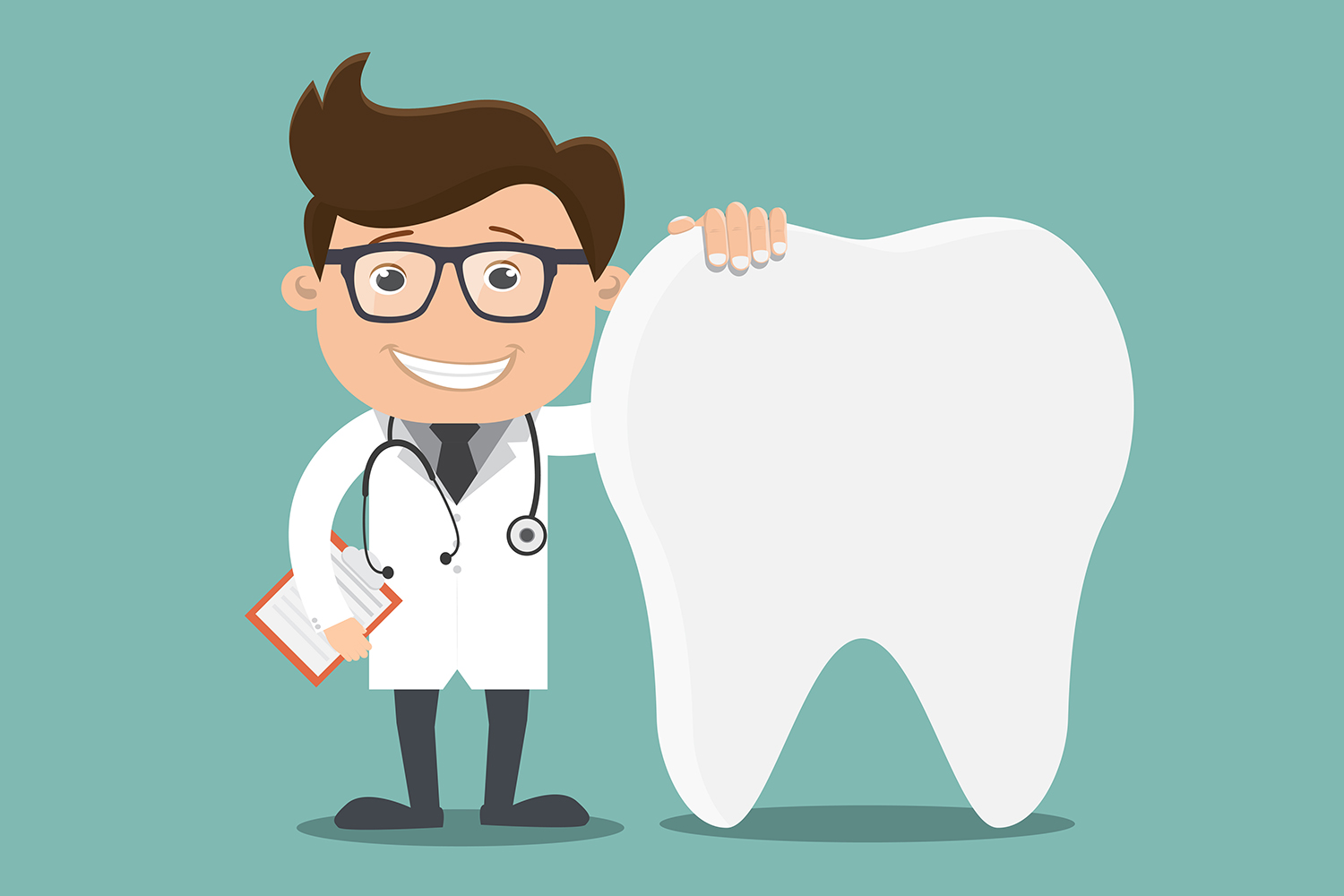Usual Concerns About Dental Veneers Addressed
Dental veneers have actually ended up being a progressively popular option for those looking to improve their smiles, yet many people remain unclear concerning different aspects of their use. Key questions often develop relating to the application procedure, long life, and prospective dangers linked with these cosmetic enhancements. The difference in between porcelain and composite veneers can substantially affect one's choice. As we check out these usual inquiries, it becomes necessary to take into consideration not just the benefits but additionally the implications of choosing oral veneers in pursuit of an extra confident appearance. What factors should one weigh before making such a choice?
What Are Oral Veneers?
Oral veneers are thin, custom-made coverings crafted from porcelain or composite resin that are created to cover the front surface area of teeth. These oral prosthetics offer both useful and aesthetic purposes, offering a solution for different dental flaws, consisting of discoloration, chips, spaces, and misalignment. By adhering to the teeth, veneers can considerably boost the general appearance of a smile, creating a more appealing and consistent look.
Porcelain veneers are especially favored for their all-natural clarity and tarnish resistance, making them an optimal option for individuals seeking lasting outcomes. In contrast, composite material veneers are normally much less pricey and can be used in a solitary visit, however they may not supply the same longevity as porcelain options.
The choice to select oral veneers often comes from a desire for aesthetic enhancement, but patients should also consider factors such as the longevity of the material, maintenance demands, and the prospective requirement for tooth reduction (Dental Veneers). Inevitably, oral veneers represent a functional and effective option for attaining a radiant smile, satisfying individual cosmetic requirements while promoting confidence and self-confidence
Exactly How Are Veneers Applied?
The application process for veneers needs cautious preparation and precision to ensure ideal outcomes. The treatment commonly begins with a thorough appointment, where the dental practitioner reviews the individual's oral health, talks about desired results, and figures out the appropriate type of veneers, whether porcelain or composite material.
When the treatment strategy is established, the dental professional prepares the teeth by removing a slim layer of enamel, usually about 0.5 mm to 1 mm, to suit the veneer. This step is important as it makes certain a proper fit and stops the veneers from appearing bulky - Porcelain Veneers Washington DC. After preparation, impacts of the teeth are required to develop custom veneers that match the person's special dental structure and aesthetic preferences
While the long-term veneers are being made in a dental research laboratory, temporary veneers might be placed to protect the ready teeth. When the long-term veneers are ready, the dentist will very carefully bond them to the teeth making use of a strong dental adhesive.
What Are the Benefits?

Furthermore, veneers are known for their sturdiness and resistance to discoloring contrasted to all-natural teeth. Made from high-quality materials such as porcelain or composite resin, they can keep their look for years with proper care. This longevity makes them a useful investment in one's oral look.
In addition to visual enhancements, veneers can likewise add to enhanced oral health. By covering damaged or compromised teeth, they can give additional support and security, helping to avoid additional degeneration or deterioration. This safety element can reduce the requirement for much more extensive dental treatments in the future.

Just How Long Do They Last?
With correct care and upkeep, oral veneers can last anywhere from 10 to 15 years, making them a long-lasting service for enhancing one's smile. The long life of veneers mostly depends upon the product made use of, the quality of the initial placement, and the individual's adherence to oral hygiene techniques.
Porcelain veneers are understood for their resilience and resistance to discoloration, normally lasting closer to the 15-year mark when looked after properly. Compound veneers, while extra budget friendly, might need replacement earlier, commonly within 5 to one decade due to their vulnerability to put on and discoloration.

In addition, wearing a mouthguard during sporting activities or nighttime can supply additional defense. Inevitably, while veneers offer a significant aesthetic improvement, their long life is dramatically influenced by the commitment to correct dental treatment and regular consultations with an oral professional.
Exist Any Type Of Dangers?
Taking into consideration the transformative impacts of oral veneers, it's important to recognize the prospective dangers associated with their application. While learn the facts here now veneers can enhance the look of teeth, the procedure entails the elimination of a slim layer of enamel, which can increase tooth sensitivity and susceptability to decay.
One significant danger is the possibility of incorrect positioning or suitable, leading to pain, bite misalignment, and even damages to the underlying tooth framework. In addition, if the veneers are not maintained appropriately, they can become stained or chipped with time, necessitating replacement.
People may additionally experience allergic responses to the products utilized in the veneers, especially read if they have level of sensitivities to specific dental composites. Additionally, while veneers are durable, they are not unbreakable; extreme force from grinding or clinching can bring about cracks.
It is important for individuals to seek advice from a certified dental expert to review their individual threats and to comply with aftercare directions carefully. By comprehending these threats, clients can make educated decisions concerning their oral veneer treatment and ensure the longevity and success of their enhancements.
Final Thought
In recap, oral veneers represent a useful cosmetic solution for improving smiles, with considerations regarding their application, benefits, longevity, and connected risks. Their performance is affected by aspects such as the option of material, with porcelain offering premium resilience compared to composite choices. Appropriate treatment and upkeep are important to optimize the life expectancy of veneers. Inevitably, informed decision-making regarding oral veneers can cause adequate visual outcomes and enhanced dental health and wellness.
Dental veneers are thin, custom-made shells crafted from visit porcelain or composite material that are developed to cover the front surface area of teeth. After preparation, perceptions of the teeth are taken to produce personalized veneers that match the individual's one-of-a-kind dental framework and visual preferences.
While the long-term veneers are being fabricated in an oral lab, short-lived veneers might be put to secure the prepared teeth. When the permanent veneers are all set, the dentist will meticulously bond them to the teeth making use of a strong oral adhesive. Eventually, educated decision-making relating to oral veneers can lead to acceptable visual outcomes and boosted dental health and wellness.